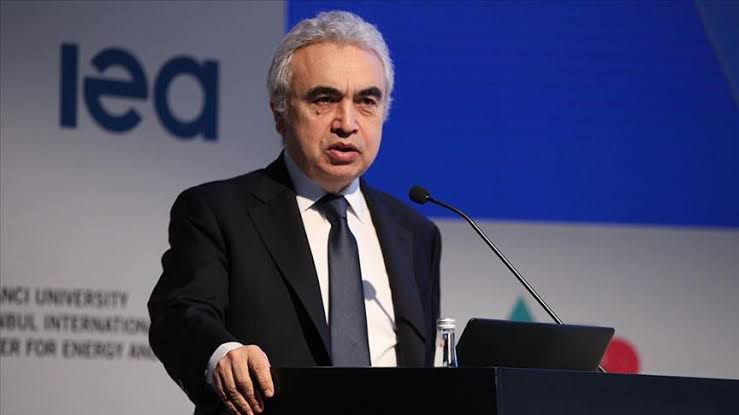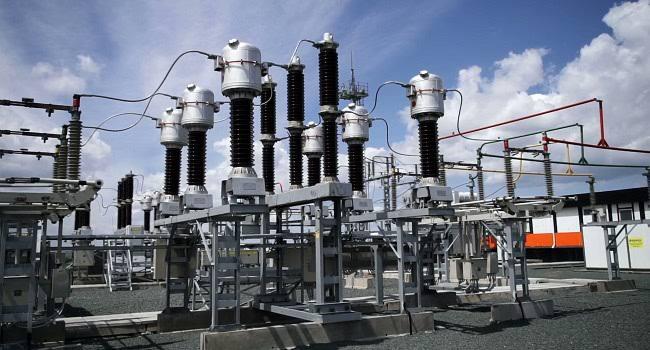 A new report by the Paris-based International Energy Agency (IEA) assesses refineries in African countries, their current capabilities and factors hindering their growth and expansion.
A new report by the Paris-based International Energy Agency (IEA) assesses refineries in African countries, their current capabilities and factors hindering their growth and expansion.
Some of the African countries in the report are Nigeria, Uganda, Algeria, Egypt and South Africa. Other countries are in the Atlantic Basin and Asia.
The report states that African refiners had missed out on oil demand growth in the past decade. According to the agency, smaller refiners may be best suited for Africa as investors and operators are constrained in terms of cash flows and working capital.
Africa is a major importer of refined petroleum products, especially the sub-Saharan region.
The Agency forecasts that the import of petroleum products by West African countries would drop by 2026. It also noted that Africa is no longer the largest product importing continent as refined petroleum products import in a group of four Asian economies namely, Singapore, Indonesia, Australia and New Zealand, has surged.
Although on Wednesday last week, the Federal Executive Council (FEC) of Nigeria approved the plan by the Ministry of Petroleum Resources to rehabilitate one of the state-owned refineries, the Port Harcourt refinery, with $1.5 billion, as part of the revamping of state-owned refineries’ project, the Agency does not foresee the project(s) materialising.
The Agency said the 650,000 barrels per day Dangote Industries Limited refinery, said to be the world’s largest single-train refinery, will be key to reducing the continent’s petroleum products imports.
Excerpts from the release:
“The start-up of the 650 kb/d refinery in Lekki, Nigeria, expected in the next three years, will mark a turning point in the continent’s refining fortunes.”
“At the same time, the plans to repair and re-launch the country’s [Nigeria] three existing refineries that have not been operating in the recent years, are unlikely to materialise.”
“With new capacity coming online in the Atlantic Basin, notably in Mexico and Nigeria, European refiners will find themselves in an increasingly competitive market.”
“In addition to this, per capita consumption remains at very low levels, and underdeveloped road and storage infrastructure complicates product distribution over a larger area.”
“There has been a flurry of small African refining projects just as shutdown announcements of European and American refining assets started rolling in.”
“A 100,000 b/d new refinery is expected to come on line in Algeria, while Egypt is upgrading its secondary capacity. South Africa may see refinery shutdowns due to aging assets and worsening refinery economics,”
“In the Atlantic Basin, product markets undergo noticeable changes, with European refined product imports forecast to increase due to lower refining activity while product imports into West Africa and Latin America decline.”
“Africa finally loses the title of the largest product importing continent to a group of four Asian economies located at or south of the Equator: Singapore, Indonesia, Australia and New Zealand see their combined refined product imports surge from 1.6 mb/d in 2019 to 2.4 mb/d in 2026, well past any other region.”



